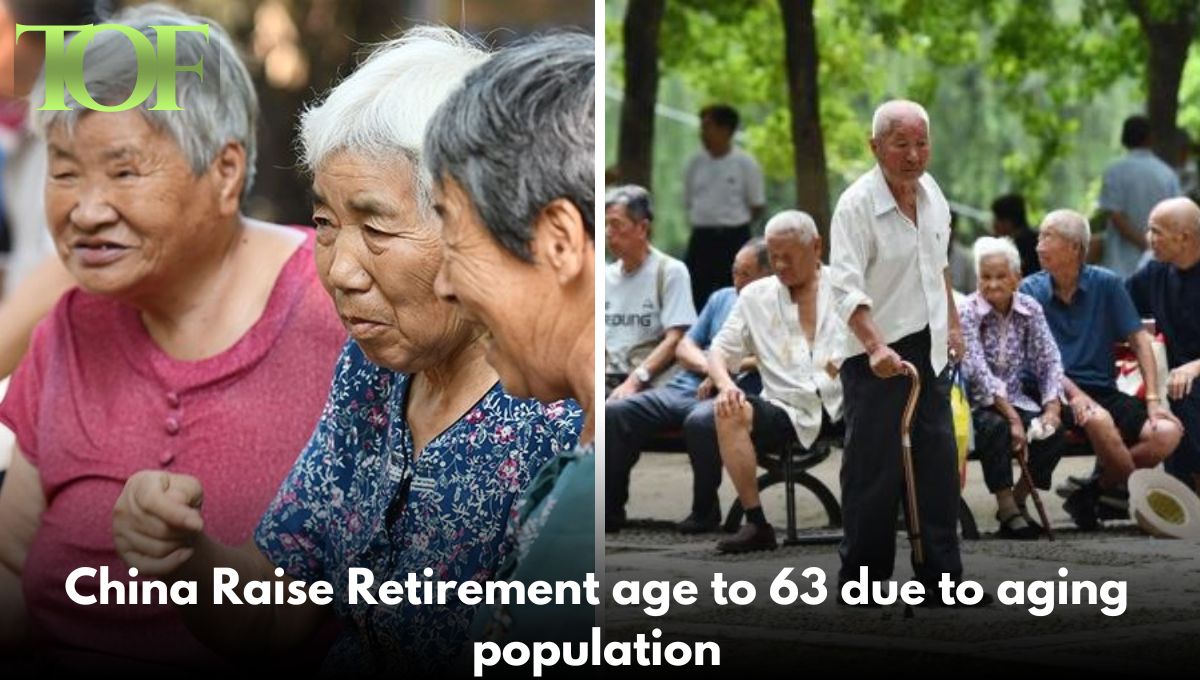China Raise Retirement Age
China announced its first retirement age adjustment since the 1950s, with the country buckling under an aging population and increasing concern over the pension system. The top legislature on Friday adopted a decision that calls for a gradual rise in the retirement age, starting from January 1, 2025.
Under the new policy, retirement ages will be increased gradually in the next 15 years: for women doing blue-collar jobs, their age will increase from 50 to 55 years, while for women in white-collar jobs, it will increase from 55 to 58 years. Men currently retire at 60; under the new system, this will rise to 63.
Current retirement ages in China are among the lowest in the world, established when life expectancy and educational attainment were considerably lower. Now, with an average life expectancy of 78.2 years and nearly a third of China’s population expected to be above 60 by 2040, the government is doing something to deal with the population shift.
In addition, from 2030 onward, workers will have to pay more toward the social security system; the minimum contributing period for eligibility for pensions is to be increased from the current 15 years to 20 by 2039. It will no longer be possible to retire before reaching the statutory age, although workers will be able to delay retirement by up to three years.
It comes as pressure on China’s pension system grows, with the Chinese Academy of Social Sciences estimating it could deplete the country’s main pension fund as early as 2035-a timeline projected before the COVID-19 pandemic hit the economy.
Conceived by the government as necessary and preponderant over variables such as life expectancy and available workforce, it reopened the debate on Chinese social media. But while the news made some very angry at the idea of further delayed retirements, which will make the job market especially for younger people-others consider it something to have been expected since China is joining a rank of countries that have a higher retirement age.
“This was expected,” one user wrote on Weibo. “In most European countries, it’s 65 or 67 for men and 60 for women. That will be the trend in our country, too.”
However, a slowing economy, falling birth rate, and rapidly growing population of elderly people lent urgency to the reforms. The backlash did little to shake officials’ conviction that the changes were a necessary step in adapting to the country’s new demographic and economic reality.
To Read More: Global News

